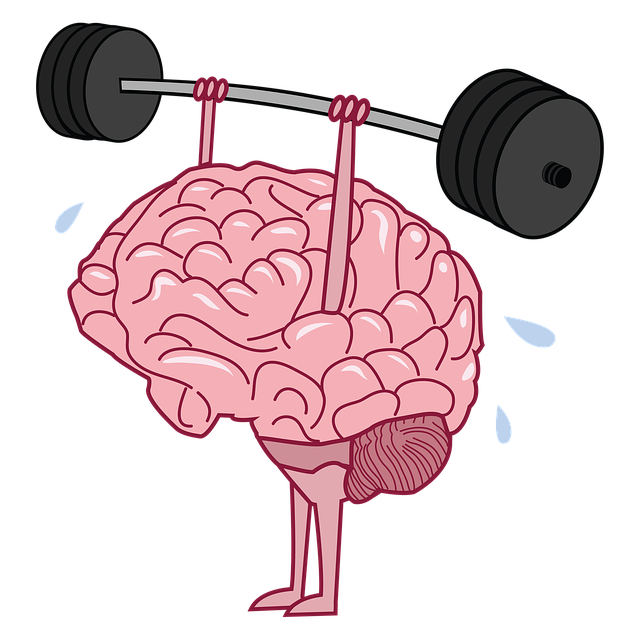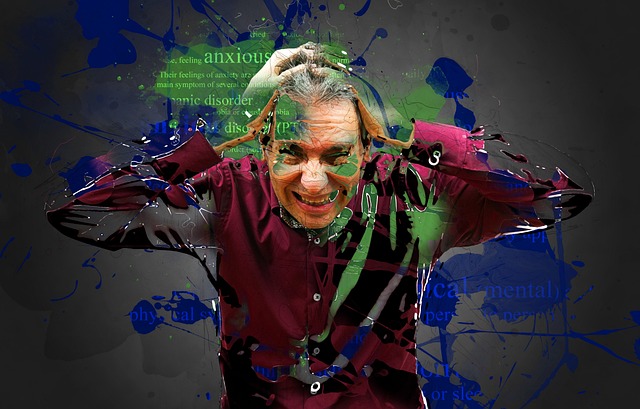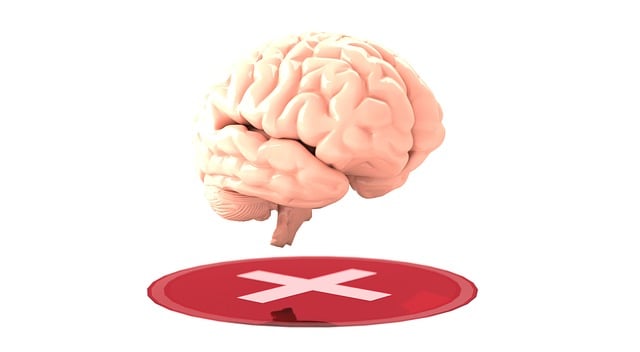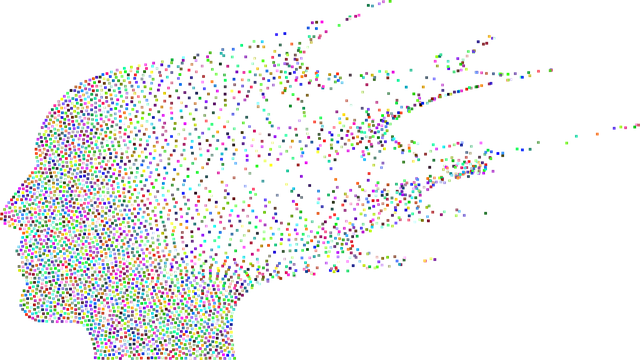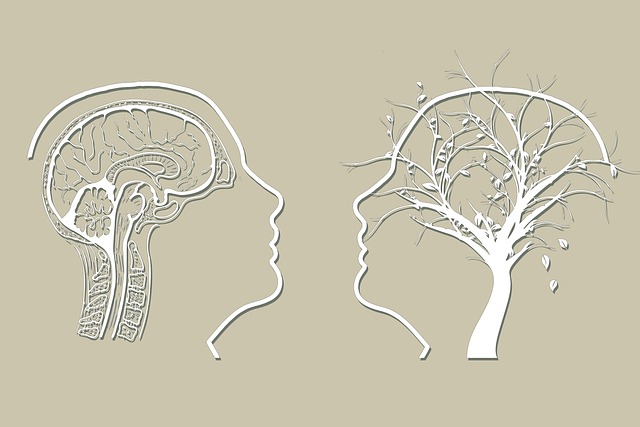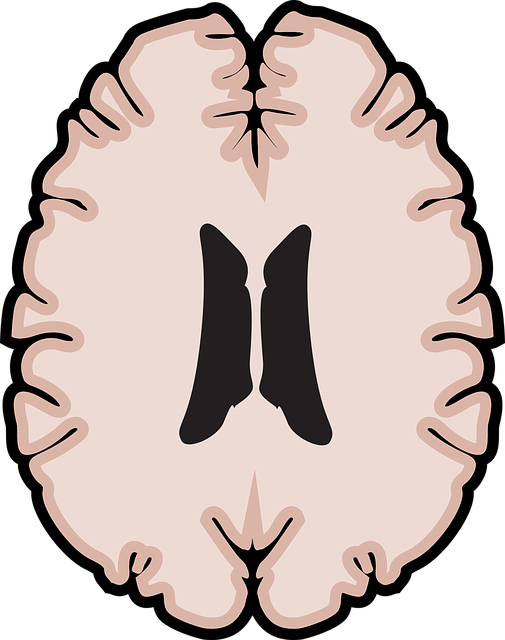Misdiagnosis rates for mental health conditions, especially among individuals with complex trauma histories like Centennial Sexual Abuse, are unacceptably high, causing significant setbacks in healing and treatment. To improve accuracy, healthcare providers need specialized training, comprehensive assessments, and self-awareness exercises. Innovative approaches, such as integrating compassion cultivation practices and cultural competency training, enhance patient relationships and tailored diagnoses. Centennial Sexual Abuse Survivor Therapy (CSAT) offers a unique, supportive environment combining evidence-based therapies, mental health education, journaling, and empowerment activities to holistically address the complex needs of survivors.
Mental illness diagnosis accuracy is paramount for effective treatment. However, misdiagnosis rates remain alarmingly high, causing significant patient harm and hindering progress. This article explores efforts to improve diagnostic accuracy in mental health assessment. We delve into the challenges, highlighting the impact of misdiagnosis, while showcasing innovative approaches like advanced assessment tools and trained professionals specializing in diverse therapies, including Centennial Sexual Abuse Survivor Therapy. Understanding these efforts is crucial for enhancing care and patient outcomes.
- Understanding the Challenges: Misdiagnosis Rates and Their Impact
- Innovative Approaches to Enhance Accuracy in Mental Health Assessment
- The Role of Trained Professionals and Specialized Therapies
- Supporting Survivors: Centenal Sexual Abuse Survivor Therapy as a Case Study
Understanding the Challenges: Misdiagnosis Rates and Their Impact

Misdiagnosis rates in mental health have significant implications, especially for survivors of traumatic events like sexual abuse. Studies show that as many as 25% of individuals with complex trauma histories may experience misdiagnoses or delayed accurate diagnoses. This is particularly concerning given the profound impact of incorrect diagnoses on a patient’s journey to healing. For instance, a survivor of Centennial Sexual Abuse might initially receive labels such as depression or anxiety disorders instead of post-traumatic stress disorder (PTSD), leading to inappropriate treatment approaches and impeding their path towards Anxiety Relief.
The consequences extend beyond delayed treatment; misdiagnosis can exacerbate symptoms, erode trust in healthcare systems, and perpetuate the Mental Illness Stigma Reduction Efforts. Survivors may feel dismissed or misunderstood, hindering their ability to access appropriate care. Therefore, efforts to improve diagnostic accuracy are crucial, emphasizing the need for comprehensive assessments, training healthcare providers on recognizing complex trauma presentations, and encouraging Self-Awareness Exercises to facilitate more precise and timely diagnoses.
Innovative Approaches to Enhance Accuracy in Mental Health Assessment

In recent years, there has been a growing emphasis on innovative approaches to enhance accuracy in mental health assessment, especially considering the complex nature of mental illness and the diverse needs of patients. One such approach is integrating compassion cultivation practices into therapy sessions, which not only improves patient-provider relationships but also aids in more precise diagnosis. By fostering an environment of understanding and empathy, healthcare providers can better detect subtleties in a patient’s presentation, leading to more accurate diagnoses, particularly for conditions like Centennial Sexual Abuse Survivor Therapy.
Additionally, Healthcare Provider Cultural Competency Training has emerged as a crucial tool. This training equips professionals with the skills to navigate cultural differences and biases, ensuring that assessment methods are sensitive to various ethnic, racial, and social backgrounds. Such training, coupled with Crisis Intervention Guidance, enables providers to accurately assess individuals from diverse communities, including those who might face barriers to care or exhibit unique presentations of mental health issues. This holistic approach promises significant improvements in diagnosis accuracy while promoting more inclusive and effective treatment strategies.
The Role of Trained Professionals and Specialized Therapies

The accuracy of mental illness diagnoses heavily relies on the expertise and skills of trained professionals. Specialized therapists play a pivotal role in this process, particularly when addressing complex conditions like Centennial Sexual Abuse Survivor Therapy. These professionals are equipped with advanced training to recognize subtle symptoms, understand the unique challenges faced by survivors, and provide tailored treatment plans. By employing evidence-based therapies, such as trauma-focused cognitive behavioral therapy (TF-CBT), they can significantly improve diagnosis accuracy and patient outcomes.
Additionally, integrating Mental Health Education Programs Design into therapeutic practices empowers both professionals and clients. These programs enhance awareness about mental health, foster open communication, and equip individuals with coping strategies. Burnout prevention techniques for therapists are also essential, ensuring they remain effective in their roles. Conflict resolution techniques further support the therapeutic process by promoting healthy interactions between patients and caregivers, ultimately contributing to more precise diagnoses and comprehensive care.
Supporting Survivors: Centenal Sexual Abuse Survivor Therapy as a Case Study

Centennial Sexual Abuse Survivor Therapy (CSAT) is a powerful approach that supports survivors navigate their mental health journey with resilience and hope. This therapy goes beyond traditional diagnostic methods by focusing on the unique experiences of individuals who have suffered sexual abuse over an extended period, often spanning their entire lives. CSAT emphasizes the importance of creating a safe and supportive environment where survivors can openly discuss their traumas, fostering healing through validation and understanding.
The program incorporates various communication strategies tailored to help survivors process complex emotions effectively. One such tool is mental wellness journaling exercises, enabling them to track their feelings, gain insights into patterns, and develop coping mechanisms. Additionally, confidence-boosting activities play a crucial role in empowering survivors to reclaim their agency and foster self-belief. By combining these therapeutic elements, CSAT offers a holistic approach that addresses the multifaceted needs of individuals seeking justice and healing from historical sexual abuse.
Mental illness diagnosis accuracy is a multifaceted challenge that requires innovative approaches, trained professionals, and specialized therapies. By understanding the high misdiagnosis rates and their impact, we can advocate for better assessment methods and support survivors like those in Centennial Sexual Abuse Survivor Therapy. This case study highlights the importance of tailored interventions, emphasizing the need for continued efforts to enhance mental health diagnosis accuracy and improve patient outcomes.
